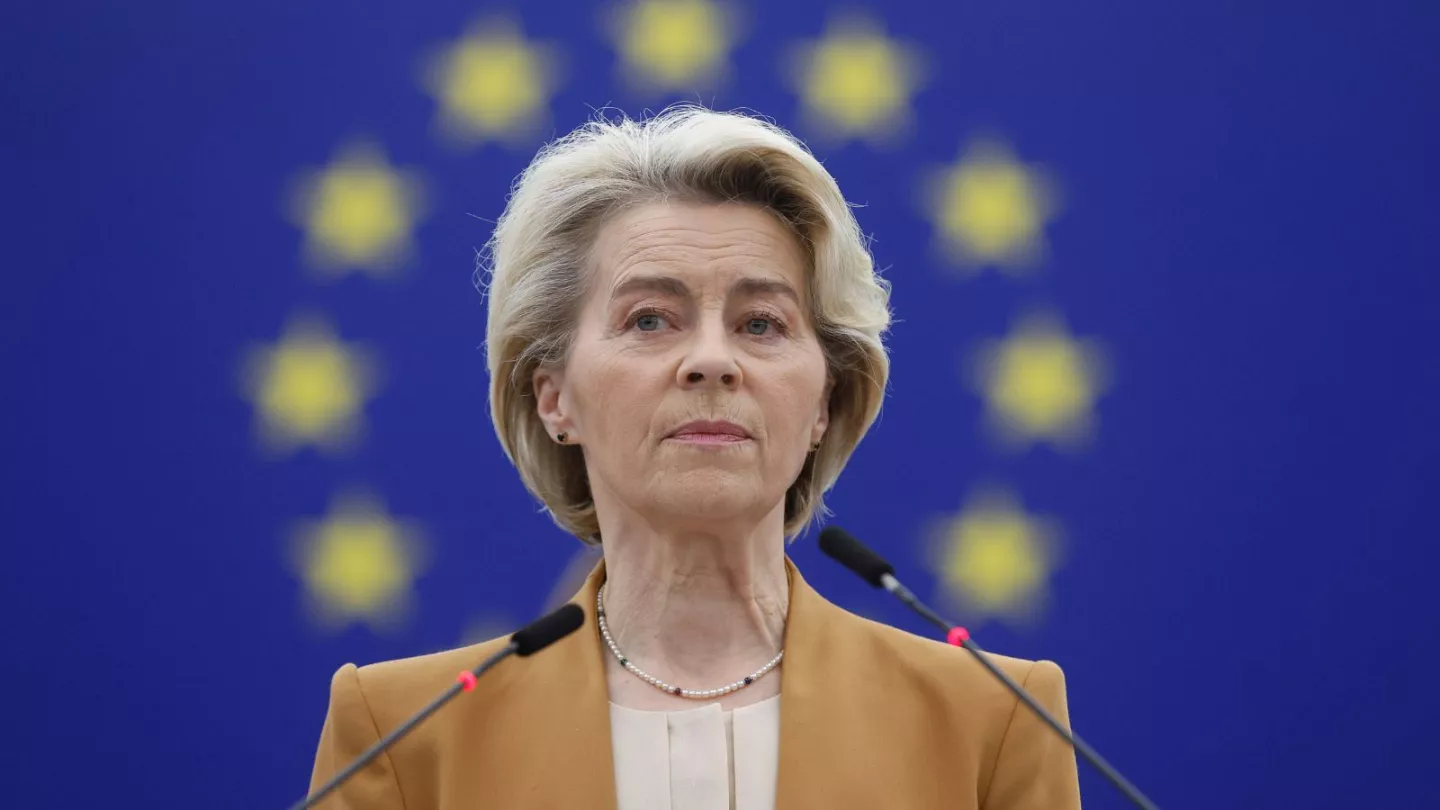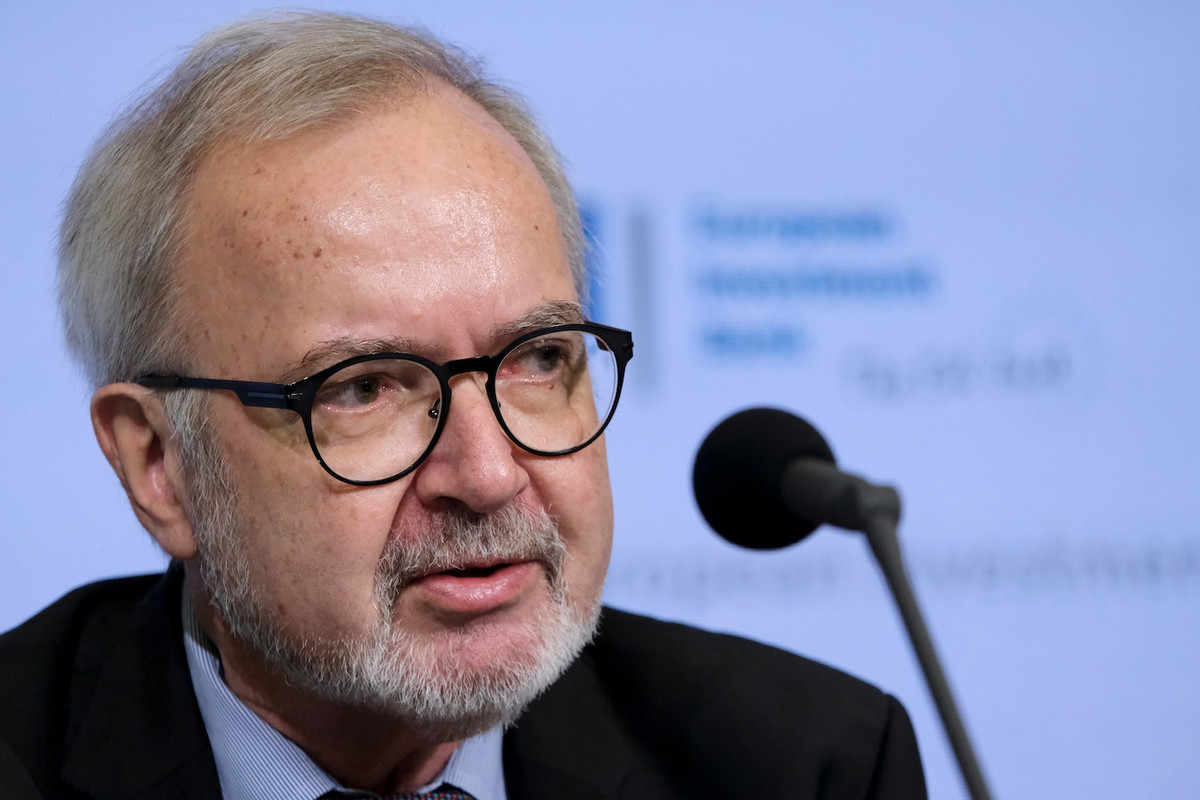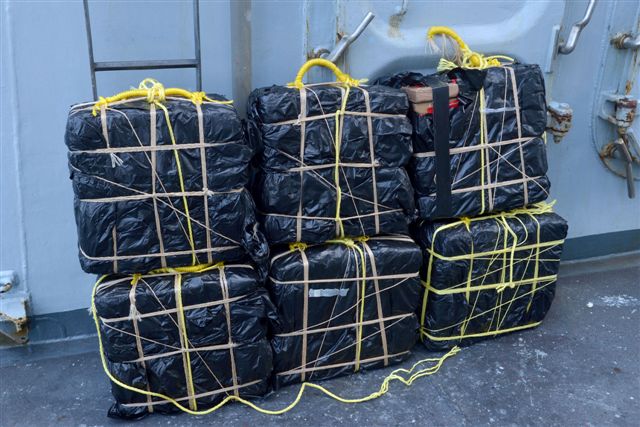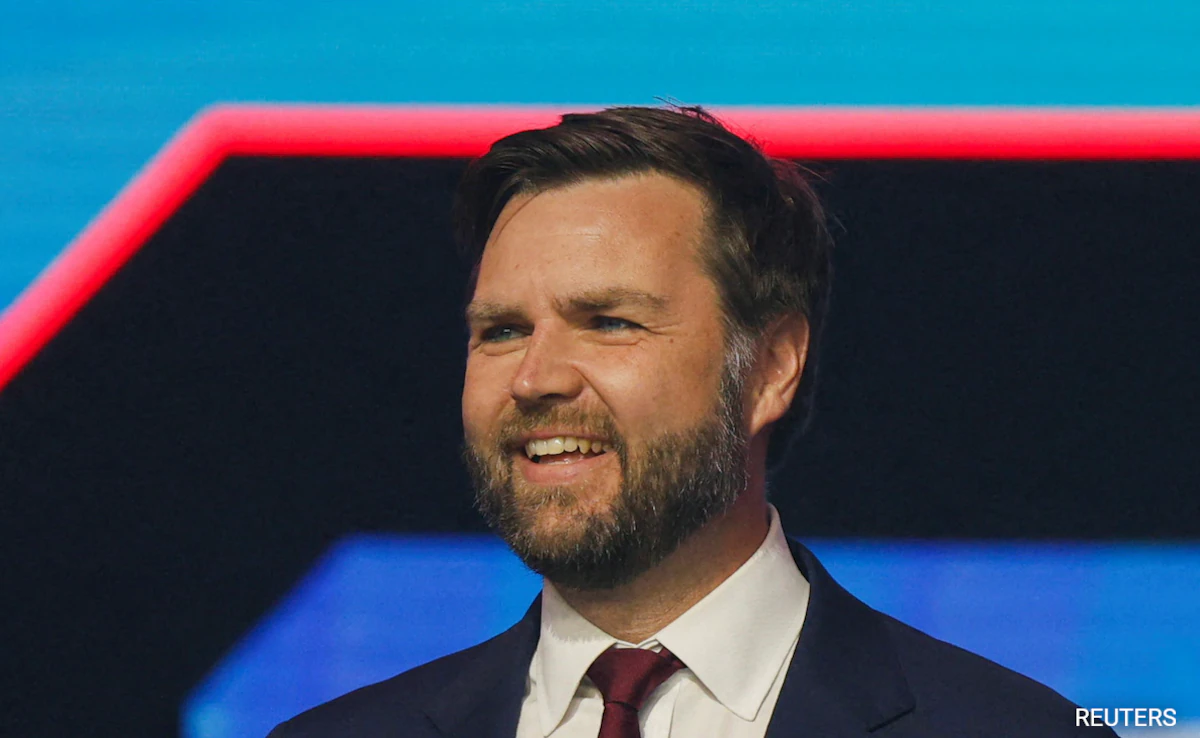The Nigerian government is under huge pressure to step up anti-corruption policies and bring back to state coffers much needed funds. Nigerians blame corruption by the political elite for widespread poverty in the country, which is facing chronic dollar shortages, a high debt burden, double digit inflation and sluggish growth.
In October, President Bola Tinubu nominated a lawyer to head its anti-graft agency after suspending the previous chief amid corruption allegations. The new head of the Economic and Financial Crimes Commission (EFCC) is Ola Olukoyede. The EFCC is tasked with investigating and prosecuting graft in Africa's largest oil exporter and biggest economy, which has grappled with endemic corruption for decades.
Tinubu was sworn in as president in May 2023, after winning the general election. He followed in the steps of Muhammadu Buhari, president between 2015 and 2023, and Goodluck Jonathan (2010-2015).
In fact, one of the EFCC’s main missions currently is to complete extradition proceedings for Diezani Alison-Madueke, a former oil minister in the Jonathan government, charged in UK with receiving bribes in the form of cash, luxury goods, flights on private jets and the use of high-end properties in Britain in return for awarding oil contracts, according to Reuters. In August 2023, British police said they had charged Diezani Alison-Madueke for accepting bribes in return for awarding multi-million pound oil and gas contracts.
Nigeria, Africa's most populous nation and top oil producer, has one of the most corrupt political systems in the world and its former colonial ruler Britain has been a destination of choice for Nigerian kleptocrats seeking to enjoy their wealth.
Alison-Madueke served as petroleum minister from 2010 to 2015, under former President Goodluck Jonathan, and acted as president of the Organization of the Petroleum Exporting Countries (OPEC) in 2014-2015.
The UK’s National Crime Agency's said that assets worth millions of pounds relating to the alleged offences had been frozen, and that it had provided evidence to the U.S. Department of Justice that enabled them to recover assets worth $53 million linked to Alison-Madueke. Nigerian courts have also ordered the seizure of tens of millions of dollars' worth of assets including properties, cars, large quantities of jewellery and a gold iPhone in a series of rulings in recent years.
Jonathan’s mandate was stained by multibillion-dollar government oil-corruption scandals and a wave of cold-blooded killings by Boko Haram Islamist militants. He was born on November 20 1957, to an impoverished family of canoe-makers in the oil-rich Niger delta. He and his family scraped together to fund his education and he earned a PhD in zoology at the University of Port Harcourt.
In July 2012, a parliamentary probe revealed eye-popping corruption: $6.8bn petrodollars had been illegally drained from the nation’s coffers in three years. In one case, payments of $6.4m flowed from the state treasury within 24 hours to “unknown entities”. Another government investigation revealed corrupt, cut-price crude sales to oil companies that cost the treasury billions. Then a former central banker reported that up to $20bn had been diverted by the state oil firm over 18 months.
In 2016, the information minister in the Buhari government said that 55 people who had been government ministers, state governors, public officials, bankers and businessmen stole $6.8 billion from Nigeria's public purse over a seven-year period, between 2006 and 2013.
Lai Mohammed gave a breakdown which included the theft of $742.4 million by 15 former state governors, $2.65 billion by bankers and $35.3 million stolen by four former ministers. ”If we don't kill corruption, corruption will kill Nigeria,” added Mohammed, according to Reuters. After taking power in 2015, Buhari said his government would recover ”mind-boggling” sums of money stolen from the oil sector and that public coffers were ”virtually empty” when he took over from his predecessor Goodluck Jonathan.
Also in 2016, Patience Jonathan, the ex-president’s wife, claimed ownership of four US dollar accounts that the EFCC had frozen, thought to be worth a total of $31.5m. Her lawyer said $15m was for paying medical bills incurred in 2013 in London. But it is unclear how Patience Jonathan, a former civil servant and banker could have amassed such a fortune, according to The Guardian.
This time, the pressure is also building from the bottom up. On November 19, 2023, a developmental and social watchdog, National Observatory, called on President Bola Tinubu to investigate the alleged looting of the public treasury by successive administrations, as this will help salvage the national economy.
”The National Observatory, as a developmental, social watchdog received with deep trepidation the news from the nation’s corridors of power that, successive past administrations have looted our national patrimony to the precipice of bankruptcy and financial insolvency. Truly, the pervasive culture of brazen looting of the public treasury by elected, appointed office holders, civil servants and coteries of cronies has gone beyond the purview of grand larceny, statutory corruption to the realm of pure economic sabotage”, read the message.
The NGO called for te incumbent president to summon political will, constitutional latitude and social rectitude ”to apprehend all persons found complicit in illicit cornering of the nation’s scarce, collective resources, without any golden treatment of any politically exposed sacred horses”.
The message quoted another anti-corruption watchdog, HEDA, which revealed that over $825billion public funds was stolen by past governments, back to the miliatry rule in the ‘90s.
The National Observatory argues that Nigeria keeps receiving various sums of refunds from global financial institutions and Governments which were looted in the past 30 years. Such sums can serve as requisite lifelines to engine the Nigerian economy ”from comatose and put it on the path of sustainable industrial development”.
“This administration must pierce the veil of secrecy, conspiracy and cover-ups that protected corruption in our national space and social fabric. Nigerians deserve to know how much was looted in the last administration and those before it, those who were responsible for this dastardly rape on our economy must be fished out to face the full wrath of prosecution and, if found culpable, conviction,” according to the statement.









